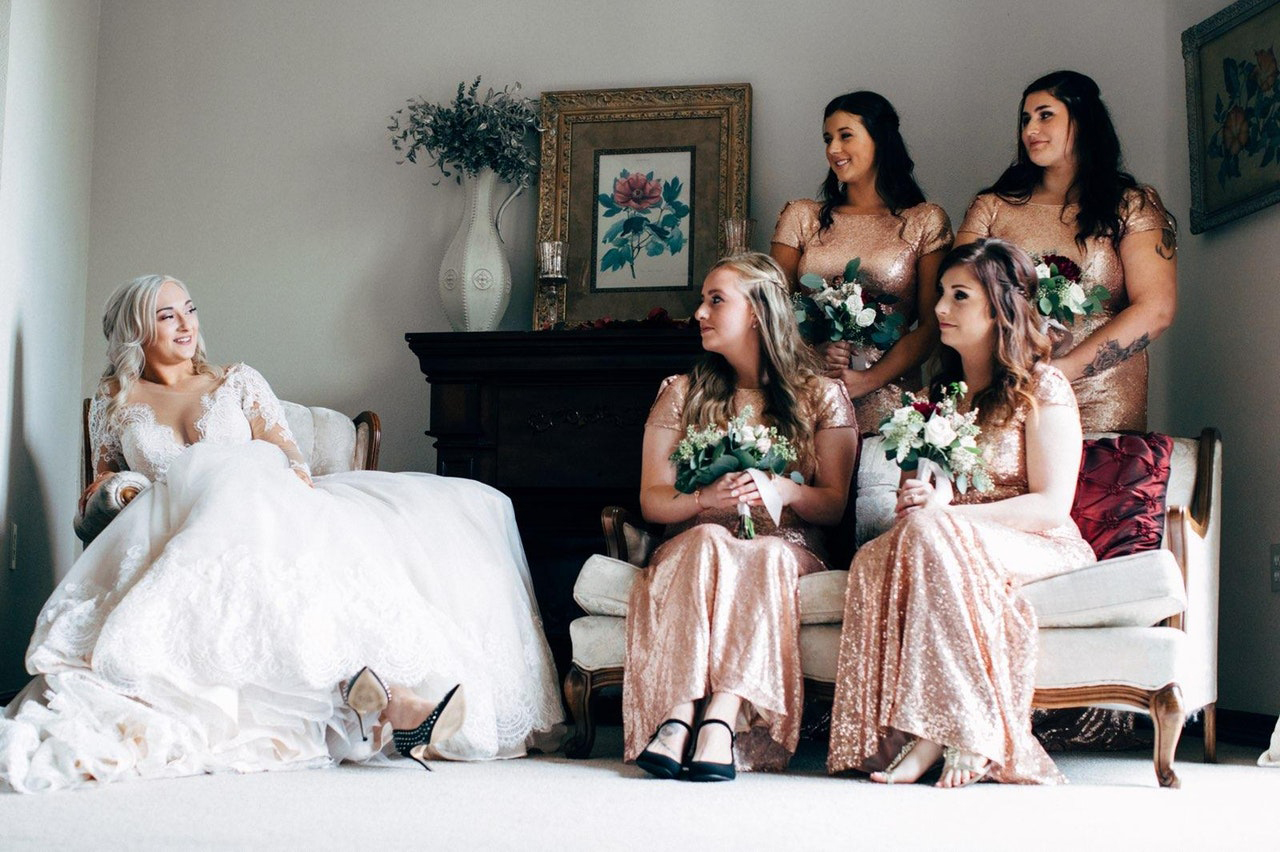

How to know if Conflict is Destroying or Strengthening Your Relationship
Types of Conflict
There are five main types of conflict that any argument or fight can fall into. The first step is to find out which type of conflict you may be dealing with in order to find the appropriate solution.
Emotional Conflict: This happens when there are misinterpretations of points of view or communication. For example: forgetting a special anniversary or other date. The person who is forgotten may be interpreting the “forgetter’s” actions as unloving, while the “forgetter” may become frustrated that their partner can’t understand it was an honest mistake with no bad intentions.

Image Source: classic105.com
Data Conflict: This occurs when there is misinformation present that skews communication between partners. For example: being perceived as doing one thing in a situation when in reality you are doing something completely different.
Say a partner walks into their house and finds their significant other alone with someone. The partner who has just walked in may perceive this situation as just having caught their partner about to cheat on them. When in actuality, the other partner was simply having a business lunch with a co-worker and had no intention of doing anything else.
Interest Conflict: This happens when one partner perceives the need to make the other partner sacrifice in order to meet their needs. An example would be seeing your needs in direct competition with one another. One partner may be asking the other to take care of their children while they go out of town on a trip with their friends. The other partner says “no” because they were planning to have family members over on the same day and need help cleaning. Both partners perceive their needs in direct competition with the other.
Structural Conflict: This can happen when external forces harp on the harmony established by the partners. For example: long distance relationships. One partner may see a long-distance relationship as a challenge they can overcome, while the other believes it can’t be done and does not wish to pursue it.
Value Conflict: This occurs when the partners have incompatible values or beliefs. For example: one partner believes the use of birth control in a relationship is a human right, while the other sees it as an act of “playing God” and therefore unacceptable.
Once the type of conflict is identified, it is easy to see what the underlying factors are. Partners can then understand why the other reacted in the way they did, and they can move forward towards a solid solution.
Finding Creative Solutions

Image Source: greatist.com
Each time a couple enters into conflict, there is the chance for them to find a creative solution and overcome the problem. Creative solutions can be compromises, but they can also be ways to figure out how each person can walk away happy.
In the example of the data conflict outlined above, the partners could sit down and talk through what bothered them about the situation, and why they reacted the way they did. Maybe the working partner decides to keep their business lunches in public places or in an office space in order to keep honesty and transparency. That way they can still conduct business lunches, and the other partner can trust that they are not being cheated on.
When creative solutions are found, it builds adaptability in the relationship. Each partner works on focusing inward toward the other, working hard to keep peace and harmony in the relationship. Each partner feels like they can voice when something is bothering them, or when a discussion needs to happen. Conflicts begin to become shorter as each partner begins to brainstorm creative solutions right off the bat.
When Conflict Becomes Too Much
There are four signs that should be considered major turning points in dealing with conflict. Once any of these signs becomes present in the conflict, it could affect the entire outcome of the relationship. Once all four of these signs are present, the relationship can be destroyed quickly if not settled:
Criticism: When partners begin verbally attacking each other’s personalities or characters.
Contempt: When partners attack the sense of self with the attention of insulting or psychologically abusing the other.
Defensiveness: When partners each begin to view themselves as victims in a dysfunctional relationship and reverse blame.
Stonewalling: When partners withdraw from each other, resorting to distance and separation as a way to avoid conflict.
If you see one or more of these signs in your relationship, it is time to shift. These signs lead to a deep resentment which can often lead to divorce or separation. Keep an eye out for these signs so you can defend your relationship and your partner.

Image Source: easy1001.com
If you see one of these signs, don’t give up! It is not doomed. It is a chance for you to validate your emotions, admit there is a problem, and seek out some help. Overcoming one or more of these relationship-enders is one of the greatest things you can do to strengthen your relationship and become closer to each other.
Conflict in relationship can be painful and difficult to deal with, but it is always an opportunity for growth. Conflict is bound to happen in any relationship. However, it is never too late to reverse damage and to find a creative solution. Conflict is a chance for you to grow closer to your partner and stronger in your sense of self.

















